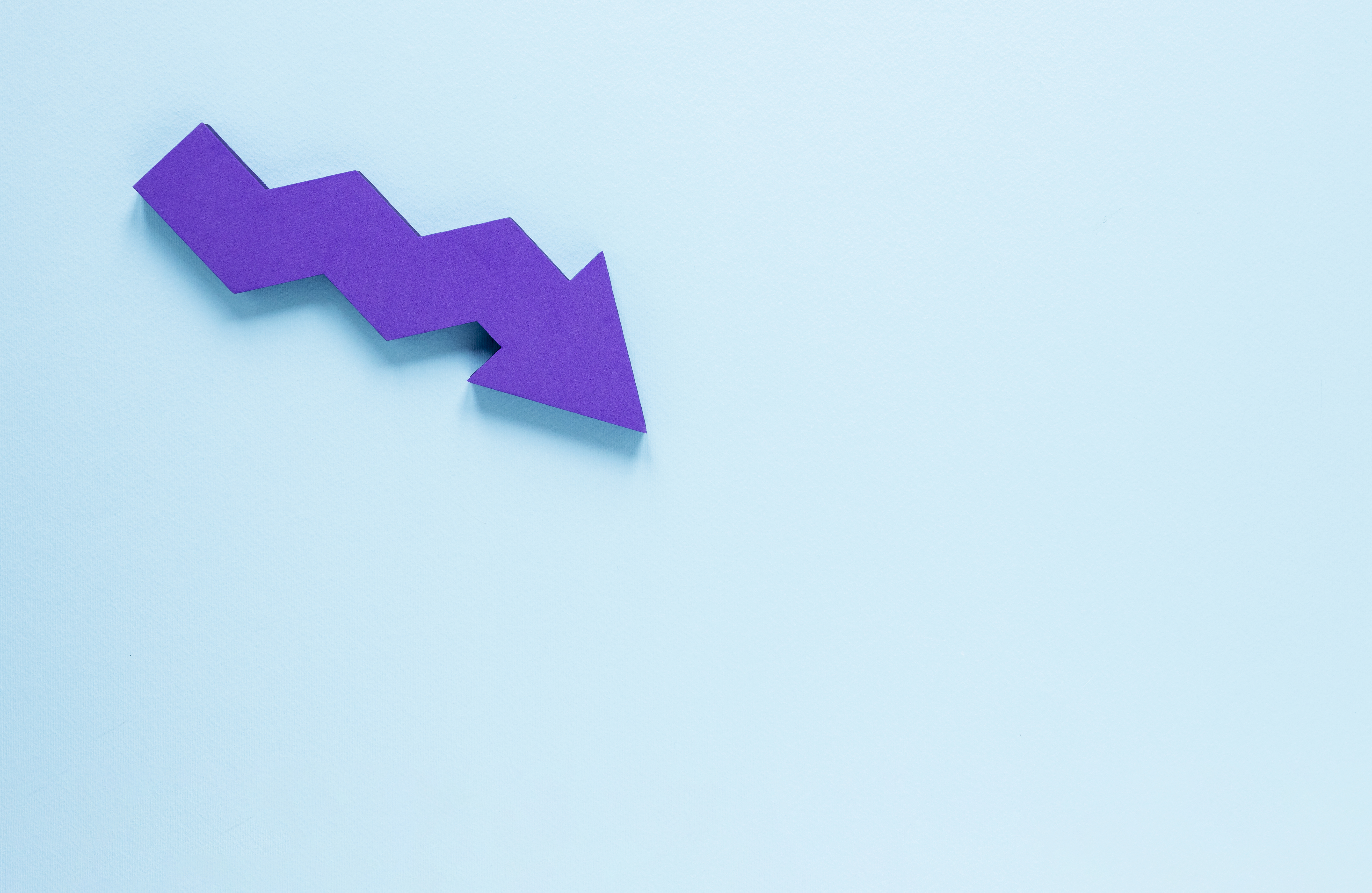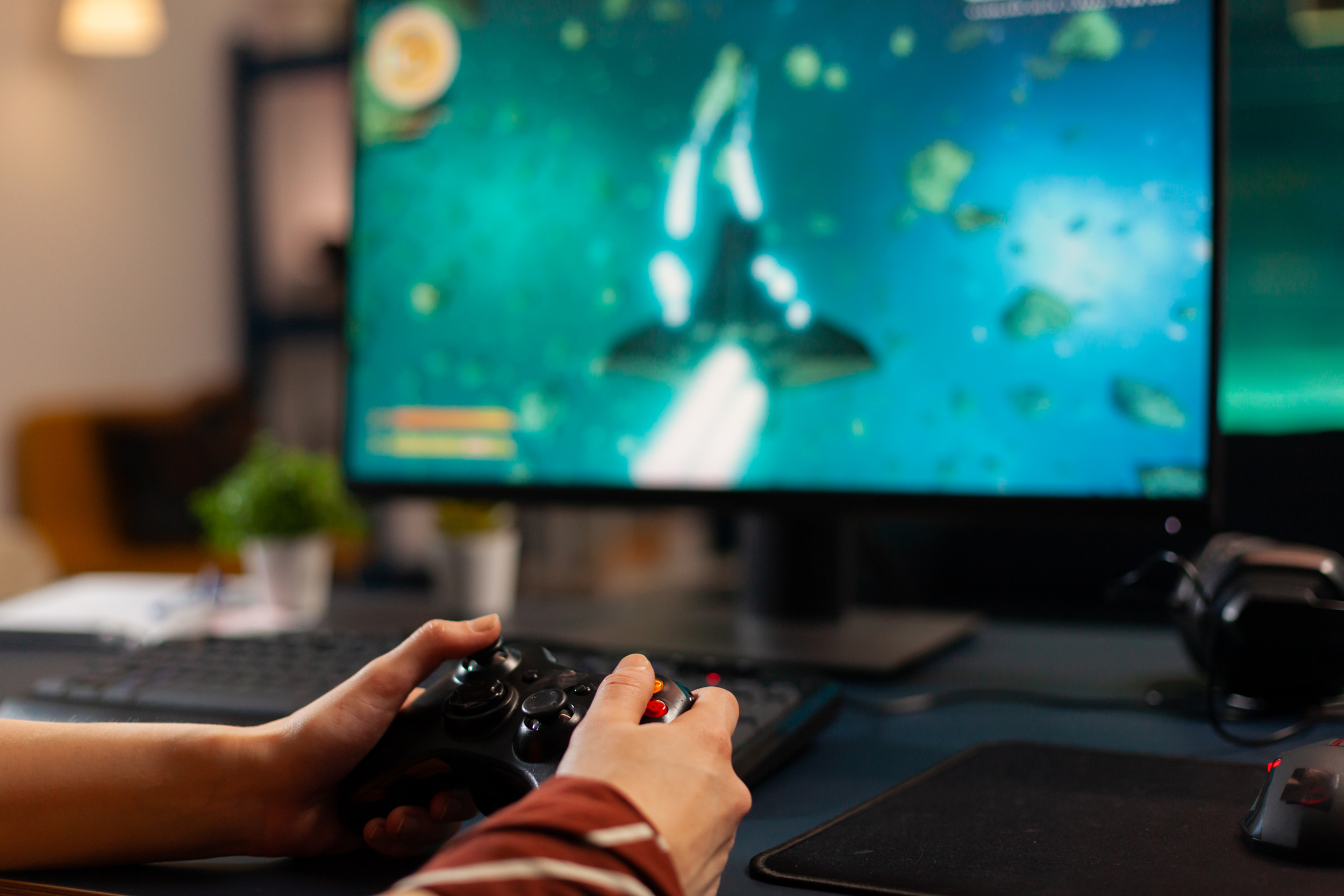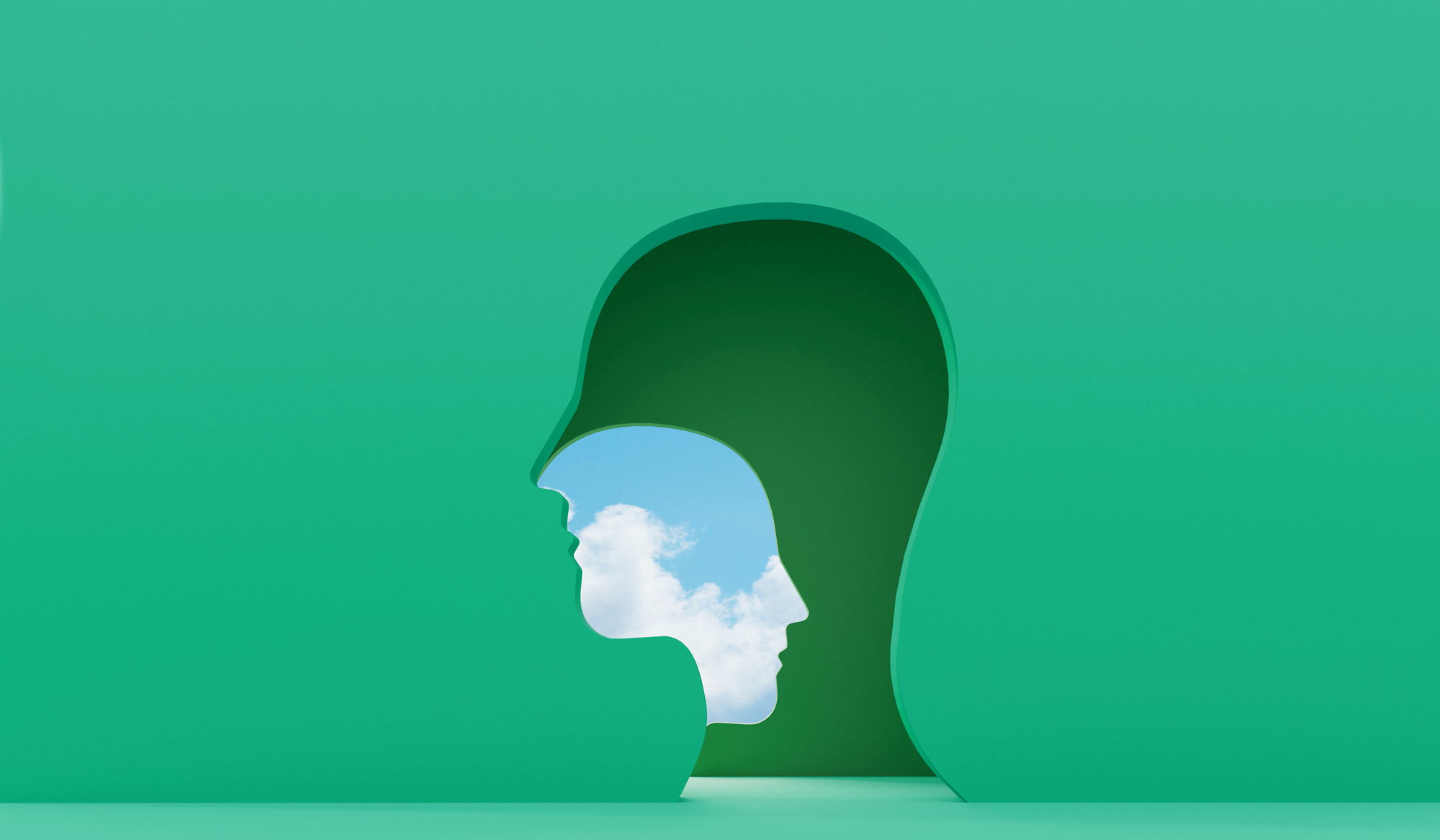
Complications of Social Media Craving
11, September 2025
Social media craving, defined by an excessive and compulsive use of social media platforms, can lead to a range of serious complications that affect mental health, physical well-being, relationships, and overall quality of life. The allure of instant gratification, constant connectivity and the need for validation can create patterns of behaviors that are difficult to break. Below are some of the key complications associated with social media craving.
- Mental health difficulties
Social media craving is strongly linked to several mental health challenges, including anxiety, depression, and low self-esteem. The constant exposure to idealized images and content – often depicting other’s seemingly perfect lives- can lead to feelings of inadequacy, loneliness and dissatisfaction. Social comparison is a major factor; when individuals measure their worth against the curated, filtered version of other’s lives, it can foster a sense of falling short. Furthermore, the pressure to maintain a perfect online persona can contribute to stress, self-doubt, and performance anxiety, particularly in younger individuals.
- Sleep disruption
Excessive social media use, particularly before bed, can significantly disrupt sleep patterns. The blue light emitted by screens interferes with the production of melatonin, a hormone crucial for regulating the sleep-wake cycle. Additionally, the stimulating nature of social media – news feeds, constant notifications and engaging content- can keep the brain active, making it difficult to wind down before sleep. This disruption often results in insomnia, poor sleep quality and sleep deprivation, which can exacerbate other health problems.
- Decreased productivity
Social media craving can seriously hinder productivity and focus. The constant need to check notifications, scroll through feeds, or engage in online conversations can distract individuals from their daily tasks, both at work and in their personal life. This can lead to procrastination, missed deadlines and subpar performance in professional and academic settings. Over time, these distractions can result in increased stress and a sense of failure as tasks pile up.
- Strained relationships
While Social media platforms are designed to foster connectivity, excessive use can actually damage relationships. Time spent online often comes at the expense of face-to-face interactions, leading to neglect of important real-life relationships. This can cause feelings of frustration, alienation, and even resentment among family and friends. In romantic relationships, social media addiction can lead to emotional distance, misunderstandings and trust issues.
- Negative impact on self-esteem
The curated and idealized content commonly shared on social media can have a profoundly negative impact on one’s self-esteem. Constant exposure to images of other people’s perceived success, beauty, wealth, and lifestyles can lead to body dissatisfaction and a distorted sense of reality. This can cause feelings of inadequacy, loneliness, and a diminished sense of self-worth. Over time, these negative self-perceptions can contribute to the development of anxiety, depression and eating disorders.
- Cyberbullying and Harassment
Social media platforms can become breeding grounds for cyberbullying, harassment and online abuse. Users- particularly teens and young adults- are often vulnerable to negative comments, personal attacks or public shaming. The anonymity of the internet can make it easier for people to engage in toxic behaviors without immediate consequences. These experiences can lead to significant emotional distress and contribute to anxiety, depression and even suicidal thoughts in more severe cases.
- Social isolation
Paradoxically, while social media is intended to bring people together, excessive use can contribute to social isolation. As individuals spend more time interacting online, they may forgo in-person activities leading to a decline in real-world relationships. This isolation can foster feelings of loneliness, disconnection and an increased sense of alienation from the offline world.
- Dependency of external validation
One of the most concerning aspects of social media addiction is the development of a dependency on external validation. Many users become obsessed with garnering likes, comments, and shares on their posts. The immediate feedback from these interactions can trigger dopamine release in the brain, reinforcing the behavior and leading to a cycle of seeking more approval and recognition. Over time, this can affect an individual’s self-worth, as they begin to measure their value based on the reactions of others.
- Physical health consequences
The consequences of social media addiction aren’t just mental- there are significant physical health risks as well. Prolonged screen time can cause eye strain, headaches and discomfort due to digital eye fatigue. In addition, poor posture from extended periods of sitting can lead to neck, back and shoulder pain. Repetitive strain injuries, such as carpal tunnel syndrome, can also arise from excessive typing or swiping on devices. Furthermore, the sedentary nature of prolonged social media use can contribute to weight gain, obesity and associated health conditions, including heart disease and diabetes.
10.Cognitive decline and attention span
Excessive social media use can also impair cognitive functioning particularly in regard to attention and memory. The rapid, fragmented nature of content on social media- constantly shifting topics, notifications and updates- can make it difficult for individuals to focus on long-term tasks, read deeply or retain information. Over time, this can contribute to impaired concentration and a diminished ability to engage in sustained, focused activities.
Social media craving can lead to a variety of complications that impact mental health, relationships, productivity, and physical health. Recognizing these risks is crucial for addressing the habit and minimizing its harmful effects. Strategies like setting boundaries, taking regular digital detoxes, engaging in offline activities and seeking professional help when necessary are essential steps towards achieving a healthier balance between online and offline life. By taking control of social media use, individuals can mitigate the negative impact and regain a sense of well-being, fulfillment and meaningful connection in their lives.
https://socialmediavictims.org/social-media-addiction/effects/
https://www.helpguide.org/articles/mental-health/social-media-and-mental-health.htm

Gaming addiction, also known as Person experiencing gaming harms, is a serious turmoil that affects millions worldwide. Beyond its emotional and psychological toll, the financial effects of gaming addiction can be devastating...
16, September 2024

Online gaming, including betting, has become a widely accepted form of entertainment in modern society. While it remains a harmless activity for many, it can evolve into addictive and problematic behavior for some.
16, September 2024
